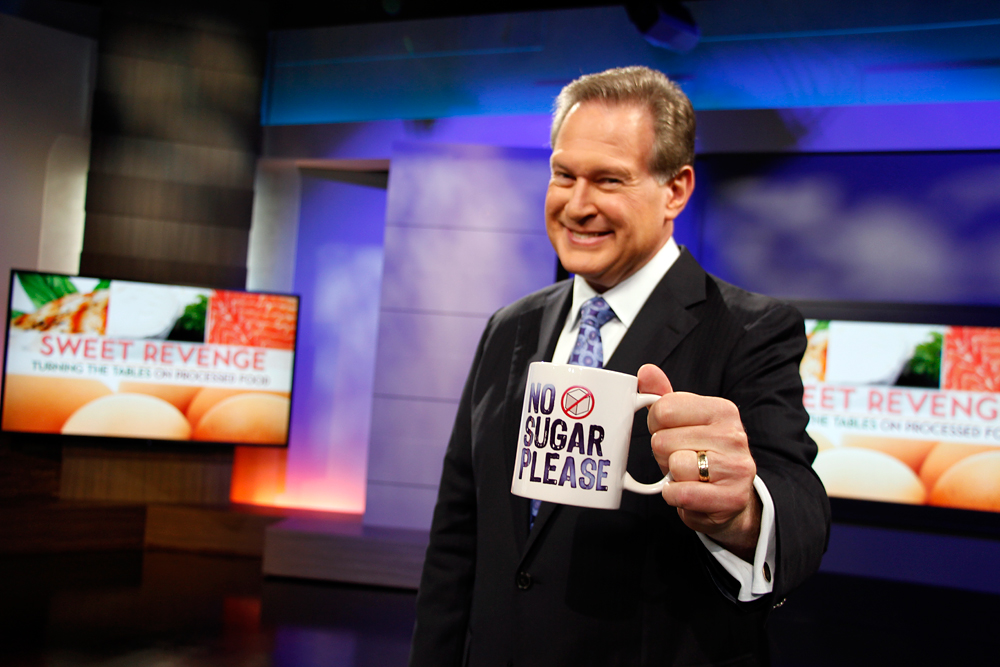"Sugar itself is the culprit in numerous
health problems."
--Dr. Robert Lustig, pediatric endocrinologist at University of California's San Francisco Benioff Children's Hospital

How much
sugar are your children consuming every day? The answer is simple: too much.
Most kids are eating and drinking added sugars, beginning before age
2. The facts are clear: excessive intake
of added sugars places children at risk for childhood obesity and other diseases.
A new study
by Rudd Center for Food Policy and Obesity at University of Connecticut* clearly shows that children are
eating excess amounts of added sugars as a result of marketing and advertising
to both parents and kids. Added sugars
cause inflammation in the body which is the underlying and/or contributing
factor for type 2 diabetes, arthritis, and other diseases. Protecting our children’s physical health is
essential.
According to National Alliance on Mental Illness, 1 in 5 children between the ages of 13
and 18 has a mental illness or will develop one. This includes illnesses such as depression,
anxiety disorders, attention deficit hyperactivity disorder (ADHD), bipolar,
and schizophrenia. Consuming added
sugars puts unnecessary and preventable stress on young, developing brains and may be a
contributing factor to some of these mental illnesses. Protecting our children’s mental health is
essential.
Happiness
and health are connected. Healthy minds and bodies are connected. One of the simplest things parents can do is
to reduce and eliminate their children’s consumption of added sugars, especially
high fructose corn syrup. Replace fruit
juice with fresh fruit as part of a healthy breakfast. Buy breads that contain 4 or
more grams of dietary fiber per serving and where the word “whole” (as in whole
grains) is part of the first ingredient ("The Nancy Rule").
Read food labels to identify how many different sugars are included (all
ingredients that end in “-ose” are sugars).
If a breakfast cereal contains more than 10 grams of sugar per serving,
choose one with less sugar. Eliminate
the use of artificial sweeteners. Stop
buying and drinking sodas – both regular and diet.
What we buy
and feed our children matters.

Cheap colorful
sugar-filled fruit drinks, snacks, energy drinks and pop tarts are nothing but poison for kids’
bodies and minds. Take the simple first
step and plan meals around vegetables, some fruits, and whole grains and legumes. Eliminate processed sugars from what you
buy. Become aware of marketing and food industry practices that mislead shoppers into buying foods that do not meet the nutritional needs of their babies, toddlers, and children.
Making small changes will go a long way towards protecting
children’s physical and mental health. Our children's health matters.
In
gratitude,
Nancy L.
Heinrich, MPH
Founder,
Growing Healthy Kids, Inc.